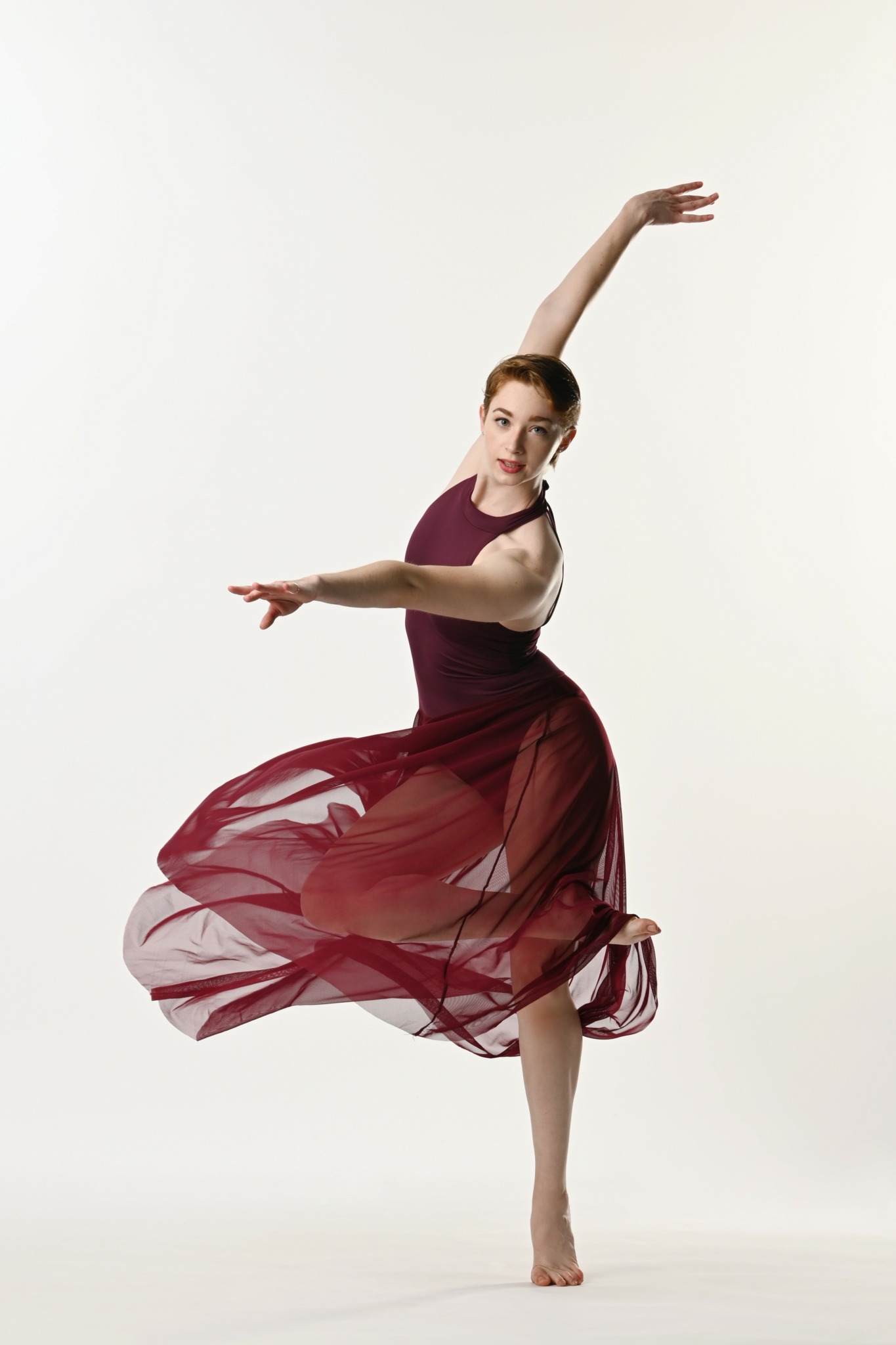We were lucky to catch up with Elizabeth Buchheister recently and have shared our conversation below.
Elizabeth, thanks for taking the time to share your stories with us today How did you learn to do what you do? Knowing what you know now, what could you have done to speed up your learning process? What skills do you think were most essential? What obstacles stood in the way of learning more?
Like many dancers before me, I didn’t plan to be where I am now. As a kid I dreamed of dancing in New York City Ballet, which later transitioned to Ailey II as I grew to love modern dance, and then by the end of school, my new dream was to bring my own ideas to life rather than living inside other people’s art. That began the journey of completely teaching myself how to do that, since my entire education was revolved around dance classes.
When I first began exploring choreography and production, it was during covid. I instantly clicked with the way choreographer Kevin Jenkins described “dreamscaping” in his 10 week online choreography workshop, and the vast advice in the legend Twyla Tharp’s book “The Creative Habit.” However in the end, the only real way to learn to choreograph is to do it, everyone’s own artistic process is different. Since then I’ve researched compositional skills and taken more workshops on occasion, but mostly I’ve booked studio space and got to creating. Eventually I began to learn that the harder part of learning the craft of choreography is not the creating, but the business. As an artist, you are the business and your art is the product. Nowadays especially, it takes strategy to convince people that art is a worthwhile product to consume.
I first started to learn the production side of things at a brief summer internship with Ailey Extension as well as an internship with Arts on Site where I am now the technical director. I got to see how these organizations run their performances and practice relaying all the communication between the staff and the artists. From there, everything is self taught through creating my own independently produced projects. Organization is a skill that comes kind of easily to me, and I’m grateful for skills I’ve always valued such as clear communication, team leadership, and generosity. Those skills have been the most essential, as well as time management and confidence.
My learning process has been gradual. So far, simply bringing my projects to life and serving those involved (both artists and audiences) has been my goal. With each new project I aim to research and teach myself tools that will help my work to grow. Eventually I would like to create and produce on a large enough scale to have a comfortable living from that kind of work, and I believe if I keep trying and seeking out growth, it will happen. The only obstacles that have been in my way is the fact that there are so many different paths I could chose on how to support bringing my work to life, and the only way to know what is best for me personally is to take the time to try them. I think getting a degree in arts business would probably have sped up my learning process, but that’s not my path and the path of many artists who start as performers.
Once I am more established myself, I would like to start an initiative that supports early career artists and performers to transitioning to self producing work. Not everyone has the skills to “just do it,” but I believe we all deserve the chance to see our creative ideas come to life.
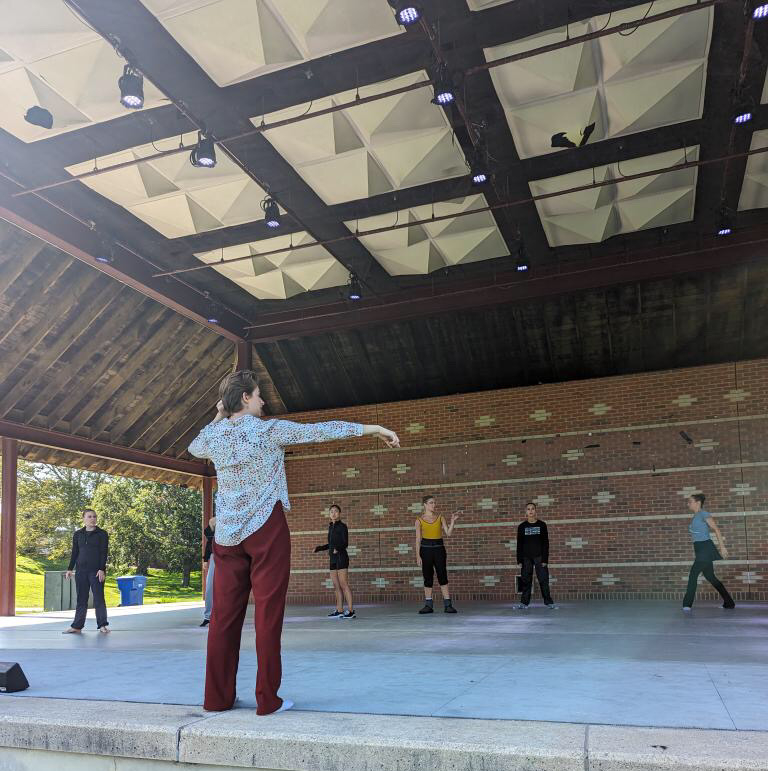
Awesome – so before we get into the rest of our questions, can you briefly introduce yourself to our readers.
I am a dancer, choreographer, producer, and educator based in NYC. I began performing in musical theater at a young age until eventually pursuing professional dance training. After high school, I attended The Ailey School’s three year certificate program focusing solely on dance training. I’d also always been interested in event planning as a backup, but only ever created little events for my friends and family. Once I began taking an interest in choreography, I also became interested in jobs having to do with the production side of dance. I interned at Ailey Extension and Arts on Site, and am now an assistant stage manager at Ailey Citigroup Theater and technical director at Arts on Site. I also got the opportunity to have been teaching dance since high school, and am now a teacher at 92NY Harkness School of Dance.
I am an independent choreographer and producer and create shows for audiences and showcase opportunities for artists. I think what sets me apart is I see a need and am committed to filling it. If there is something I think is unfair about the dance world, I don’t go along with it just because it’s what others are doing. I think paying artists is very important, and for that we need to be better versed in business instead of just being fulfilled by the art-making.
I’m proud of staying true to myself, following through with my ideas, and learning from each experience.
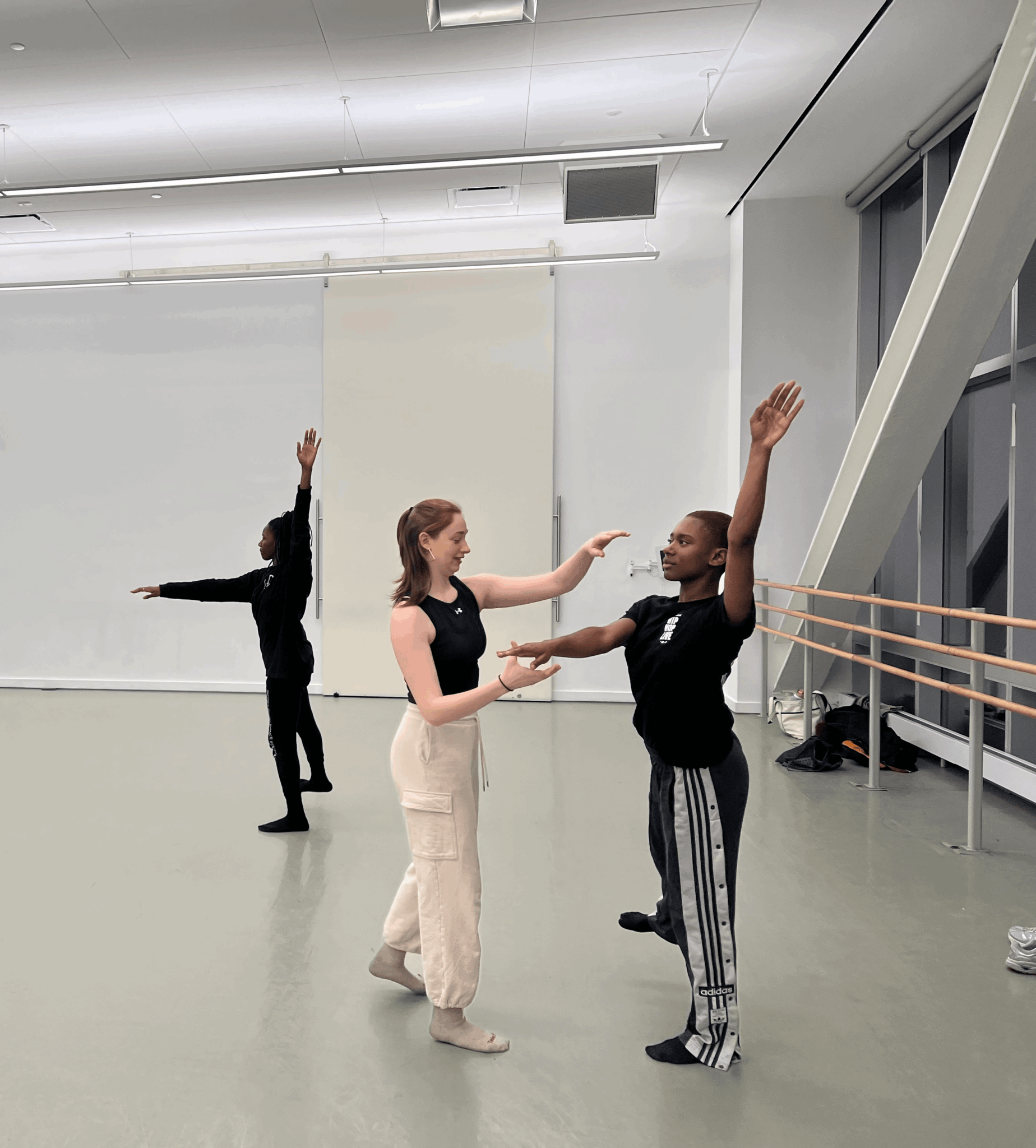
Is there something you think non-creatives will struggle to understand about your journey as a creative?
I believe there are a lot of things non-artists don’t understand about art, especially live performance. In particular to the journey of an artist, I don’t think people understand the value art has. A lot of people have told me how special it is to do something I love, but choosing this lifestyle is more than that, especially as someone who is creator rather than just a performer. I believe most artists stick with it through the challenges because they understand the power art has to impact humanity, and that’s something I think everyone should understand and work to support. Storytelling, entertainment, arts education, arts therapy, it is all vital to our society and always has been.
While creating does bring myself, the artist, joy I believe it should be universally supported because of the joy, goodness, beauty, and reflection that art gives to us in a way that nothing else does.
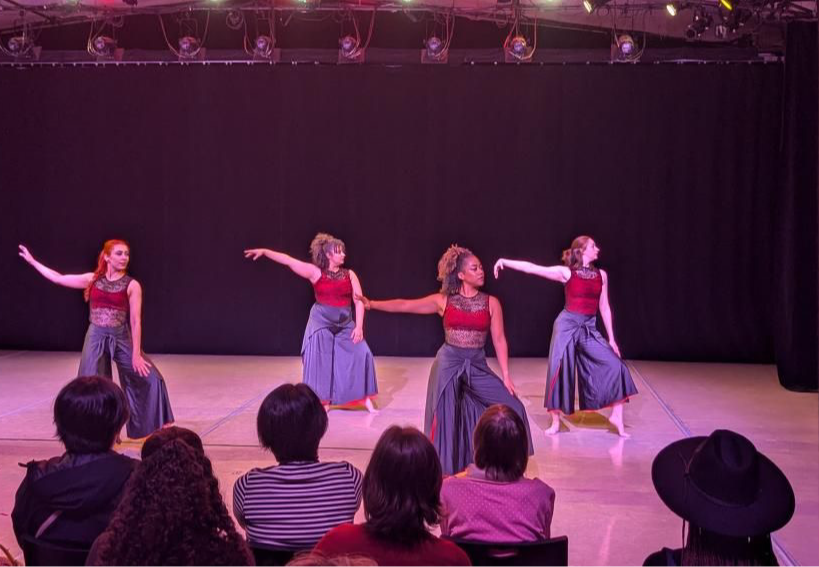
Are there any resources you wish you knew about earlier in your creative journey?
For dancers, I wish there were more platforms that compile resources together so you don’t have to waste so much time researching things yourself. The Entertainment Community Fund is free and has a ton of professional development and skill building talks and resources. I also learned a lot about the business side of the arts by attending the APAP conference in NYC. Personally, I’d eventually love to create a streamlined easy-to-apply resource for emerging creatives to submit projects and be given free compilations and explanation of resources that are already out there to support them.
Contact Info:
- Website: https://elizabethbuchheister.com/
- Instagram: https://www.instagram.com/lizbdancer/
- Facebook: https://www.facebook.com/elizabeth.buchheister
- Linkedin: https://www.linkedin.com/in/elizabeth-buchheister/
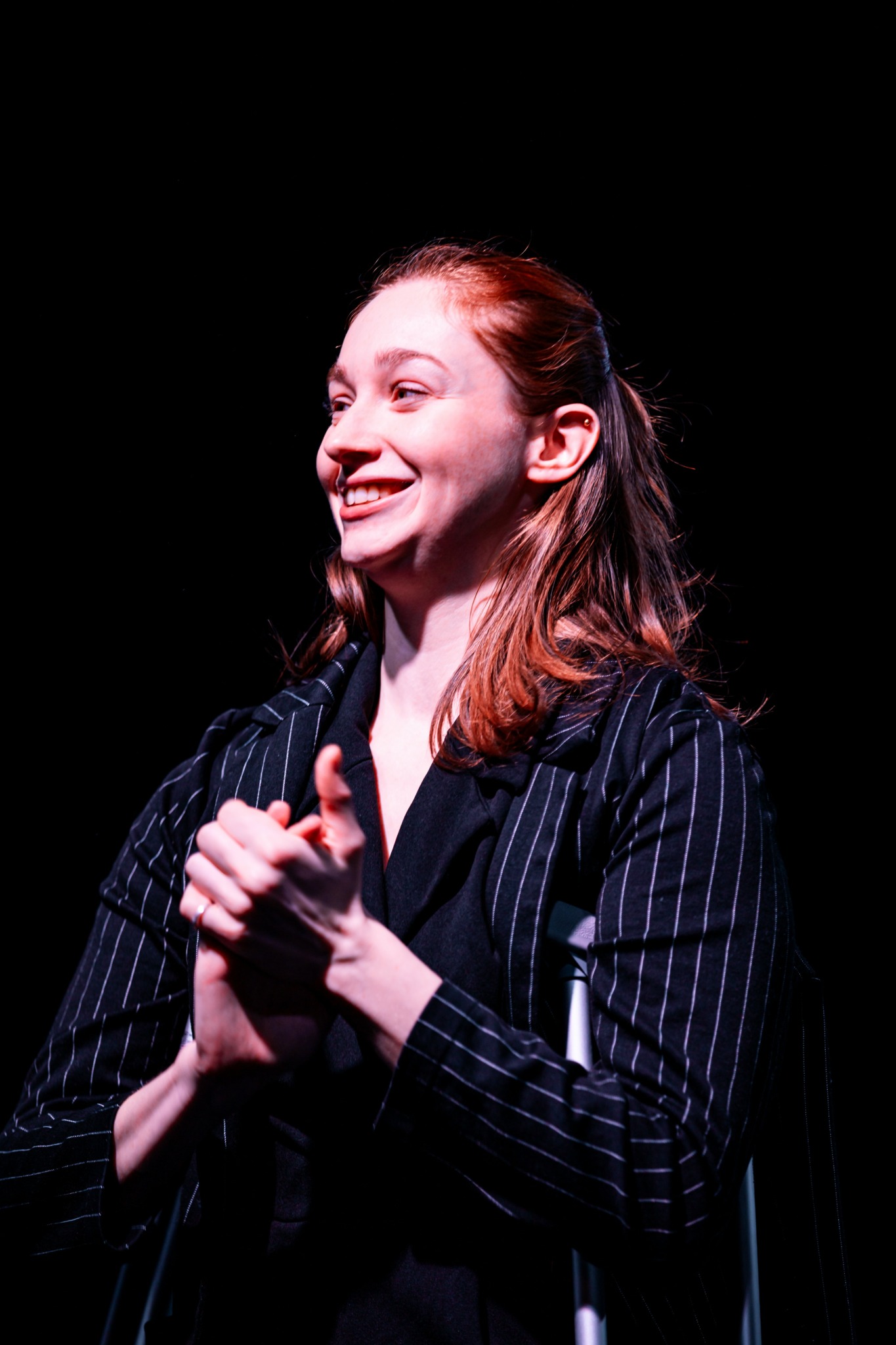
Image Credits
First photo by Nir Arieli


